The Omnivore’s Dilemma: A Natural History of Four Meals Paperback – August 28, 2007 by Michael Pollan
PAPERBACK
[480 pages]
PUB: September 01, 2007
Description
Author: Pollan Michael
Brand: Penguin Books
Color: Black
Features:
- Food
Package Dimensions: 29x211x390
Number Of Pages: 450
Release Date: 28-08-2007
Details: Product Description
“Outstanding . . . a wide-ranging invitation to think through the moral ramifications of our eating habits.” —The New YorkerOne of the New York Times Book Review’s Ten Best Books of the Year and Winner of the James Beard Award Author of How to Change Your Mind and the #1 New York Times Bestseller In Defense of Food and Food Rules
What should we have for dinner? Ten years ago, Michael Pollan confronted us with this seemingly simple question and, with
The Omnivore’s Dilemma, his brilliant and eye-opening exploration of our food choices, demonstrated that how we answer it today may determine not only our health but our survival as a species. In the years since, Pollan’s revolutionary examination has changed the way Americans think about food. Bringing wide attention to the little-known but vitally important dimensions of food and agriculture in America, Pollan launched a national conversation about what we eat and the profound consequences that even the simplest everyday food choices have on both ourselves and the natural world. Ten years later,
The Omnivore’s Dilemma continues to transform the way Americans think about the politics, perils, and pleasures of eating.
Review
Gold Medal in Nonfiction for the California Book Award • Winner of the 2007 Bay Area Book Award for Nonfiction • Winner of the 2007 James Beard Book Award/Writing on Food Category • Finalist for the 2007 Orion Book Award • Finalist for the 2007 NBCC Award
“Thoughtful, engrossing . . . You’re not likely to get a better explanation of exactly where your food comes from.”
—The New York Times Book Review
“An eater’s manifesto . . . [Pollan’s] cause is just, his thinking is clear, and his writing is compelling. Be careful of your dinner!”
—The Washington Post
“Outstanding . . . a wide-ranging invitation to think through the moral ramifications of our eating habits.”
—The New Yorker
“If you ever thought ‘what’s for dinner?’ was a simple question, you’ll change your mind after reading Pollan’s searing indictment of today’s food industry-and his glimpse of some inspiring alternatives . . . I just loved this book so much I didn’t want it to end.”
—The Seattle Times
“Michael Pollan has perfected a tone—one of gleeful irony and barely suppressed outrage—and a way of inserting himself into a narrative so that a subject comes alive through what he’s feeling and thinking. He is a master at drawing back to reveal the greater issues.”
—Los Angeles Times
“Michael Pollan convincingly demonstrates that the oddest meal can be found right around the corner at your local McDonald’s . . . He brilliantly anatomizes the corn-based diet that has emerged
in the postwar era.”
—The New York Times
“[Pollan] wants us at least to know what it is we are eating, where it came from and how it got to our table. He also wants us to be aware of the choices we make and to take responsibility for them. It’s an admirable goal, well met in
The Omnivore’s Dilemma.”
—The Wall Street Journal
“A gripping delight . . . This is a brilliant, revolutionary book with huge implications for our future and a must-read for everyone. And I do mean everyone.”
—The Austin Chronicle
“As lyrical as
What to Eat is hard-hitting, Michael Pollan’s
The Omnivore’s Dilemma:
A Natural History of Four Meals…may be the best single book I read this year. This magisterial work, whose subject is nothing less than our own omnivorous (i.e., eating everything) humanity, is organized around two plants and one ecosystem. Pollan has a love-hate relationship with ‘Corn,’ the wildly successful plant that has found its way into meat (as feed), corn syrup and virtually every other type of processed food. American agribusiness’ monoculture of corn has shoved aside the old pastoral ideal of ‘Grass,’ and the self-sustaining, diversified farm based on the grass-eating livestock. In ‘The Forest,’ Pollan ponders the earliest forms of obtaining food: hunting and gathering. If you eat, you should r


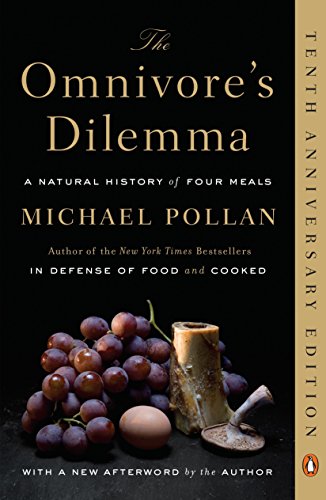

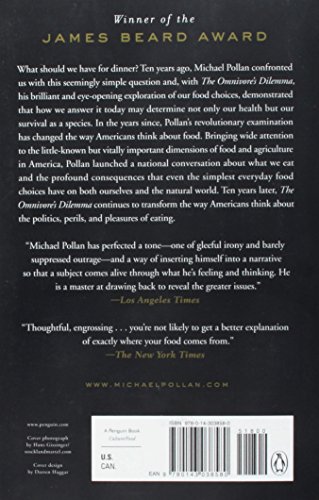
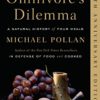
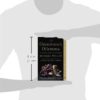

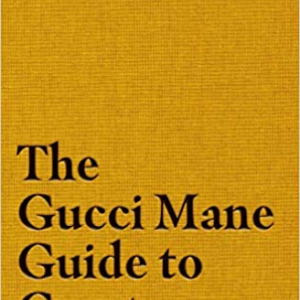

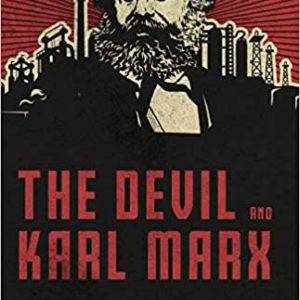
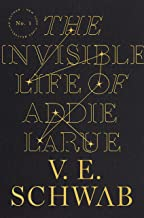
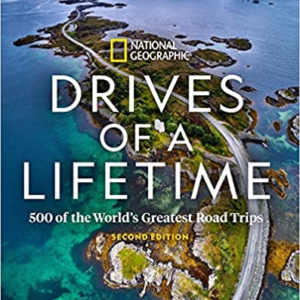
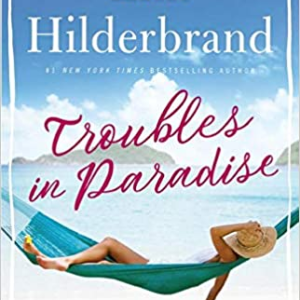
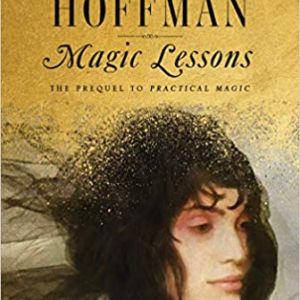
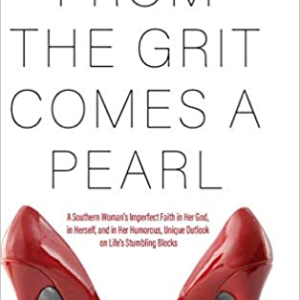
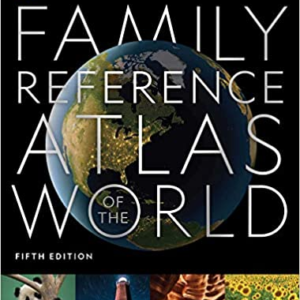



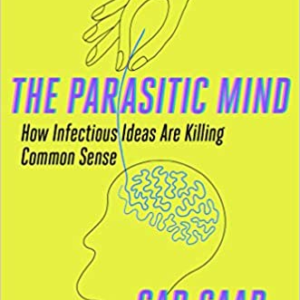
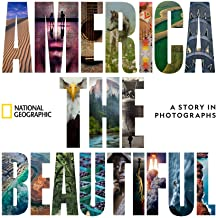











There are no reviews yet.